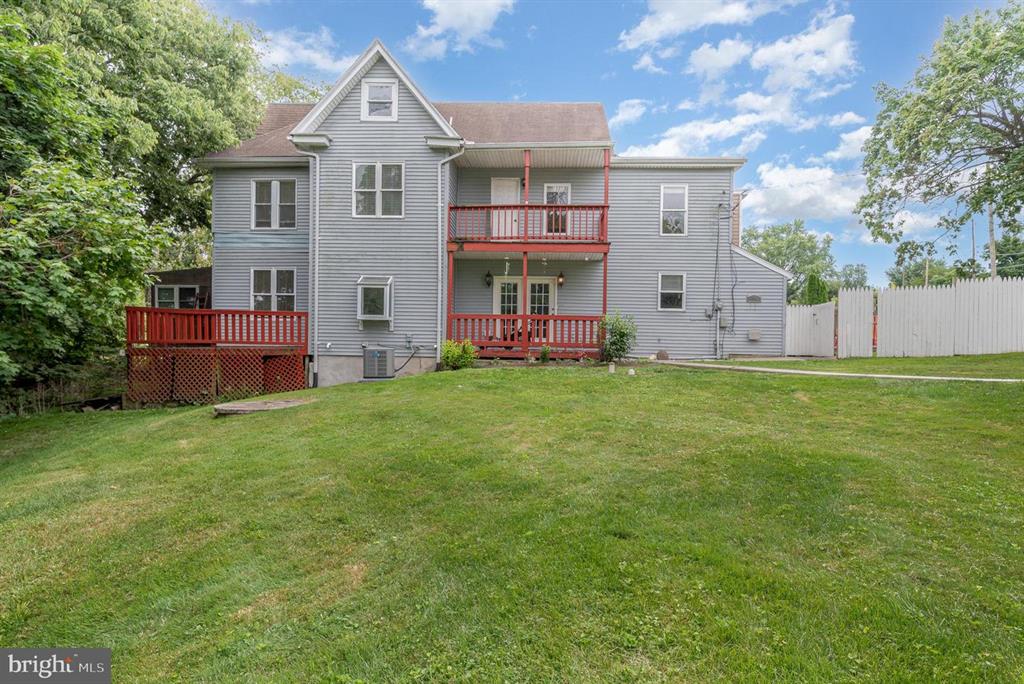
The landlord-tenant laws in Baltimore are governed by the Maryland Residential Landlord and Tenant Act, which outlines the legal rights and obligations of both landlords and tenants. These laws are created to minimize disputes between the two parties, and hold landlords and tenants accountable.
Landlord-Tenant Laws in Baltimore
Application Fee:
An application fee is allowed to be charged when applying for a unit. However if the tenant backs out of the agreement there are circumstances where the landlord must return some of the fee. If the fee is $25 or less, the landlord may keep the fee, if it is $25 or more, the landlord must return the amount that was not used to process the application. If the whole amount was used for processing the landlord may be asked for proof, otherwise the landlord has 15 days to return the rest of the fee.
Lease:
A written lease is required in Baltimore for any rentals that are longer than a year or more, and strongly recommended for those shorter than a year. The lease must clearly state the obligations of both parties and set the expectation of a safe and habitable property. In Baltimore, landlords must give tenants a copy of the lease prior to move in.
Security Deposit:
The security deposit can not be more than two months’ rent. The landlord must provide a receipt for the security deposit that can be included in the lease. At the end of the tenancy the security deposit must be returned within 45 days. If the landlord keeps any part of the security deposit for damages, it must be above the normal wear and tear. Please note: a tenant breaking the lease does not require a full deposit return.
Rent Payments:
The city of Baltimore requires that all rental payments receive a receipt. Landlords are protected from non-payment, by eviction laws. Tenants must pay rent by the date specified on the lease (normally the first day of the month), or they can be subjected to late fees. Late fees cannot exceed more than 5% of the rent.
Lease Renewals and Rent Increase:
In Baltimore, at the end of the lease the tenant should give a written notice of intent to move out, in order to avoid automatic renewal. The lease should state the minimum days required for this notice. Landlords can raise the rent at the end of a lease term, but must give tenants at least one month’s notice.
Repairs and Maintenance:
Landlords are responsible for keeping the property in good condition and must respond in a timely manner to request for repairs. The tenant is responsible for keeping the property clean and safe during their lease agreement.
Discrimination:
Landlords cannot discriminate against tenants based on race, gender, religion, disability, or other classes protected by law.
If you have any specific questions or concerns about your rights as a tenant or landlord in Baltimore, it’s best to consult with an experienced attorney who can provide you with personalized legal advice based on the situation.



